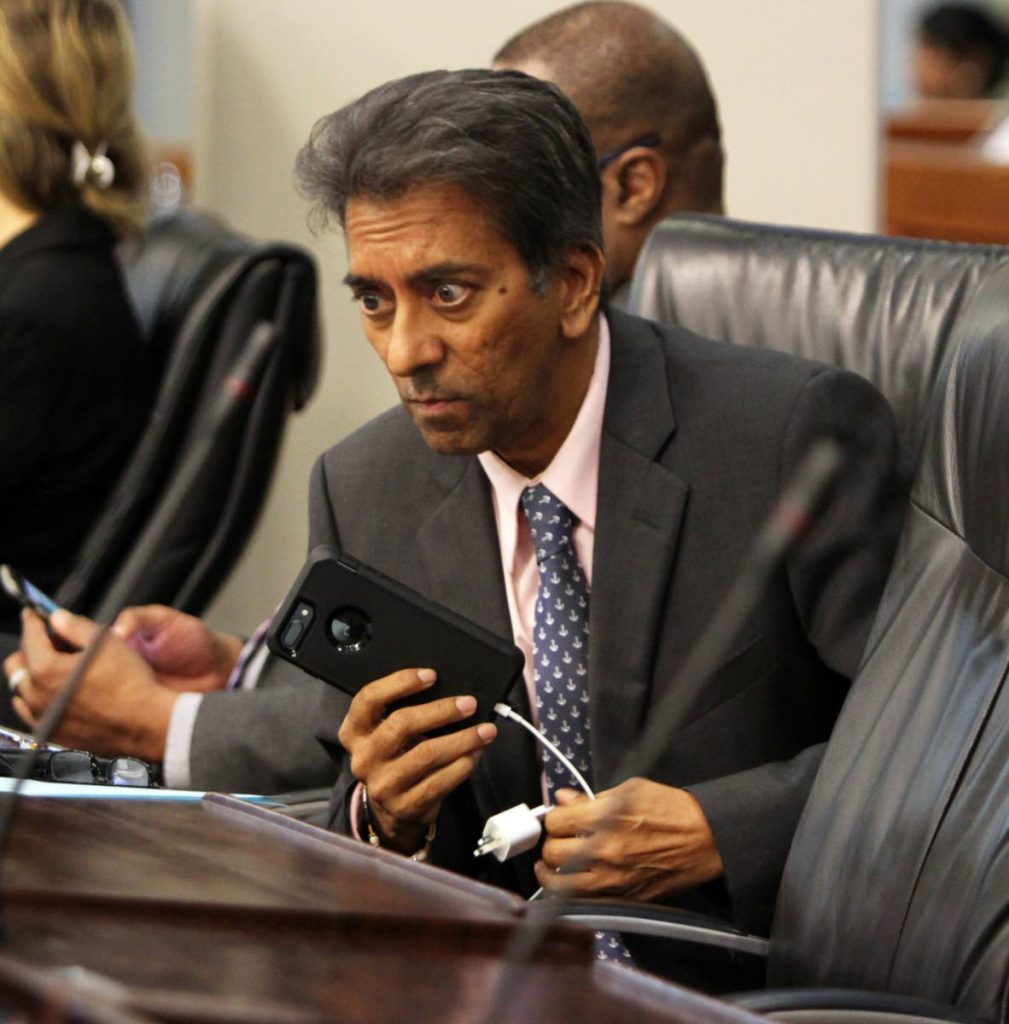Mental health fallout from covid19 is another pandemic

Psychiatrist and Independent Senator Dr Varma Deyalsingh has described the mental fallout from the covid19 pandemic as a pandemic within a pandemic.
He said statistics showed 20 per cent of all employees would experience a mental health problem in their lifetime, but said what is happening now will increase this figure.
“I wish we had a vaccine for the mental fallout,” he told a sensitisation session on Tuesday addressing the critical and emerging issues surrounding mental health in the workplace brought on by the pandemic.
The session was organised by the Employers Solution Centre, along with its parent body, the Employers Consultative Association (ECA).
Deyalsingh said covid19 has changed the world, bringing with it an increase in substance abuse as people turn to drugs and alcohol to cope. He said it has also brought about an increase in domestic violence, child abuse and divorce.
“Not not only is covid19 destroying lives but marriages. Depression, anxiety, panic attacks, adjustment disorders are all increasing. The mental fallout is great.”
He said the uncertainty of when it will end, fear of job loss and financial problems, the outcome for children, the lack of coping mechanisms or relaxing pastimes such a shopping, dressing up and going out, exercising in the gym, going to the beach – “All the stress relievers are no longer available.”
“To tackle the mental health of employees we have to look at the home situation, as this would affect their job performance and relationships.
“If someone has a mortgage to pay, if someone has a job loss of their husband, with less money coming in – all these are factors that must be taken into account.”
As for depression, he said part of the challenge in dealing with it is that 60 per cent of depressed people never seek help, sometimes because they do not even recognise the symptoms, which can manifest in different ways.
He identified some of these manifestations as bodily or somatic symptoms: men might have back pains and women might experience migraines and neck pains.
“There’s something called fibromyalgia – all these are signs of depression which may not be recognised.”
Deyalsingh suggested employers hire a “social worker buddy” to reach out to workers who are reluctant to access the employee assistance programme (EAP) for fear of office gossip.
To cope with the stress, he also suggested employers allow their employees' relatives to tap into their social programme by offering, for example, counselling for unemployed mates.
Counselling for terminated workers to help them cope, online exercise classes for workers, and a phone system whereby women travelling in PH taxis can check up on one another were among recommendations made.
He also outlined guidelines for employers or colleagues to recognise stress by looking out for unusual crying, anger, irritability, lack of emotions, behavioural changes such as promiscuous behaviour, changes in personality, withdrawal from social contact, tardiness, absenteeism, co-worker conflicts and deteriorating hygiene.

Comments
"Mental health fallout from covid19 is another pandemic"